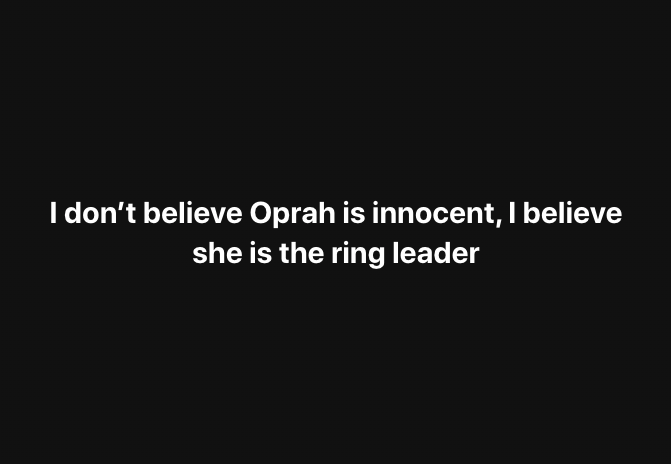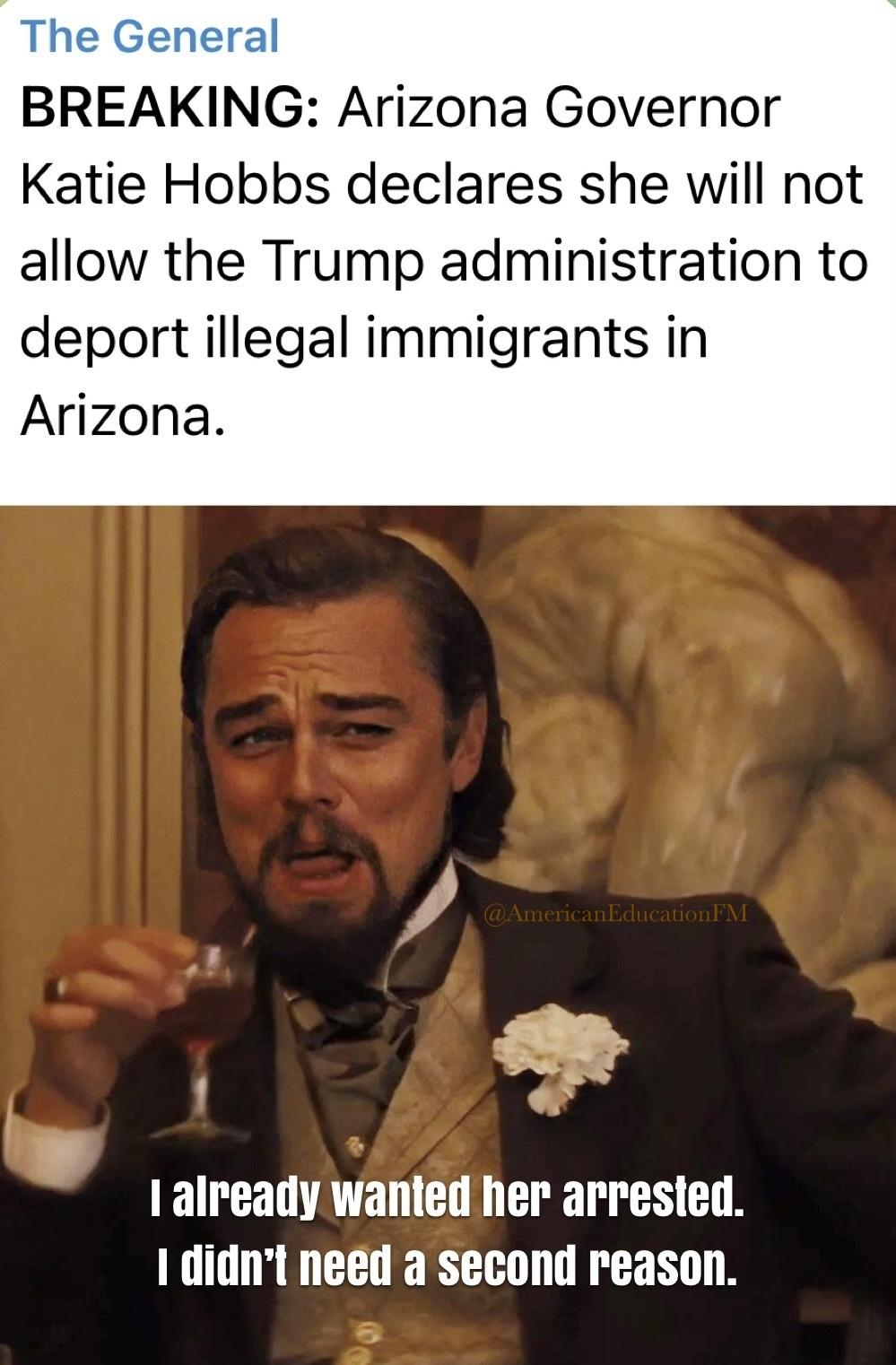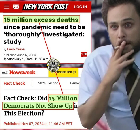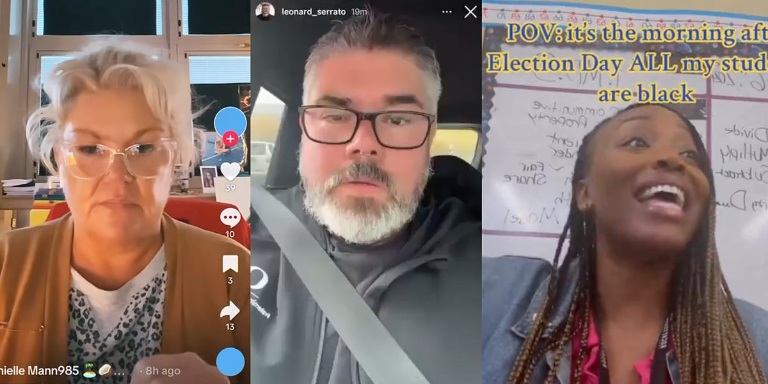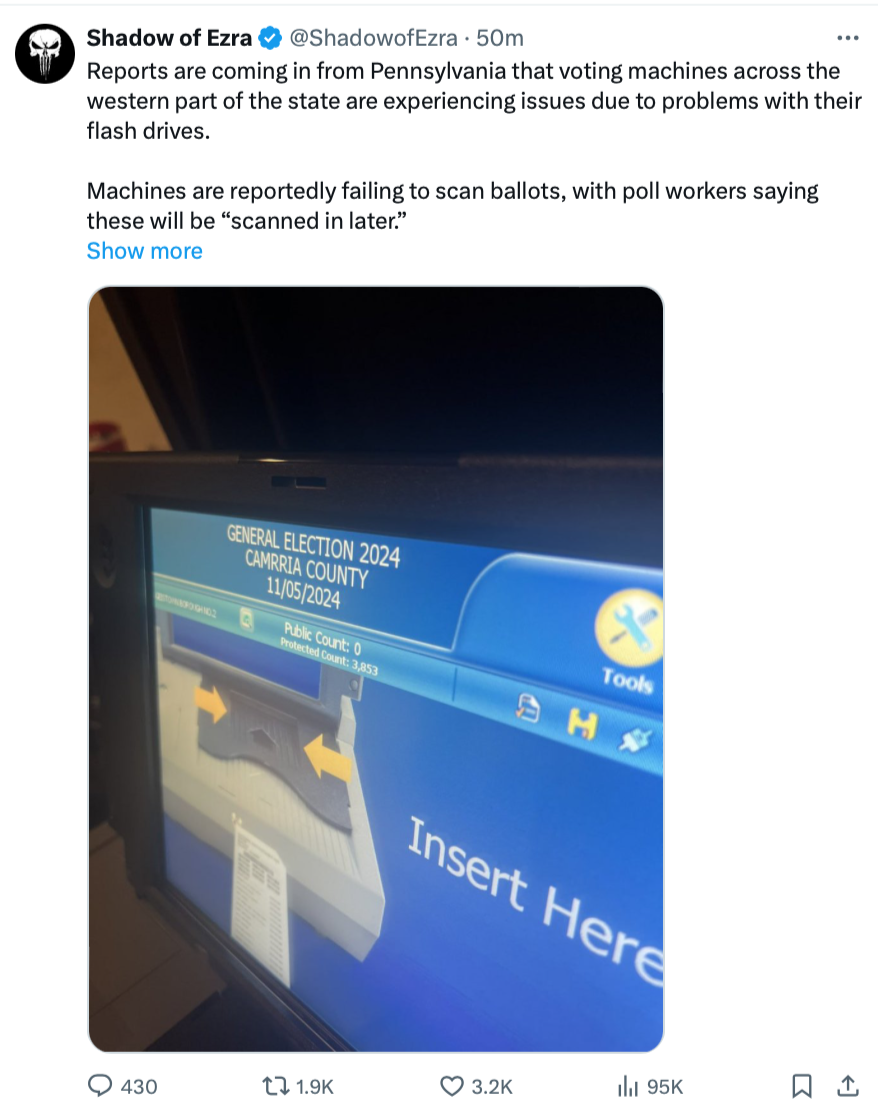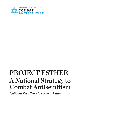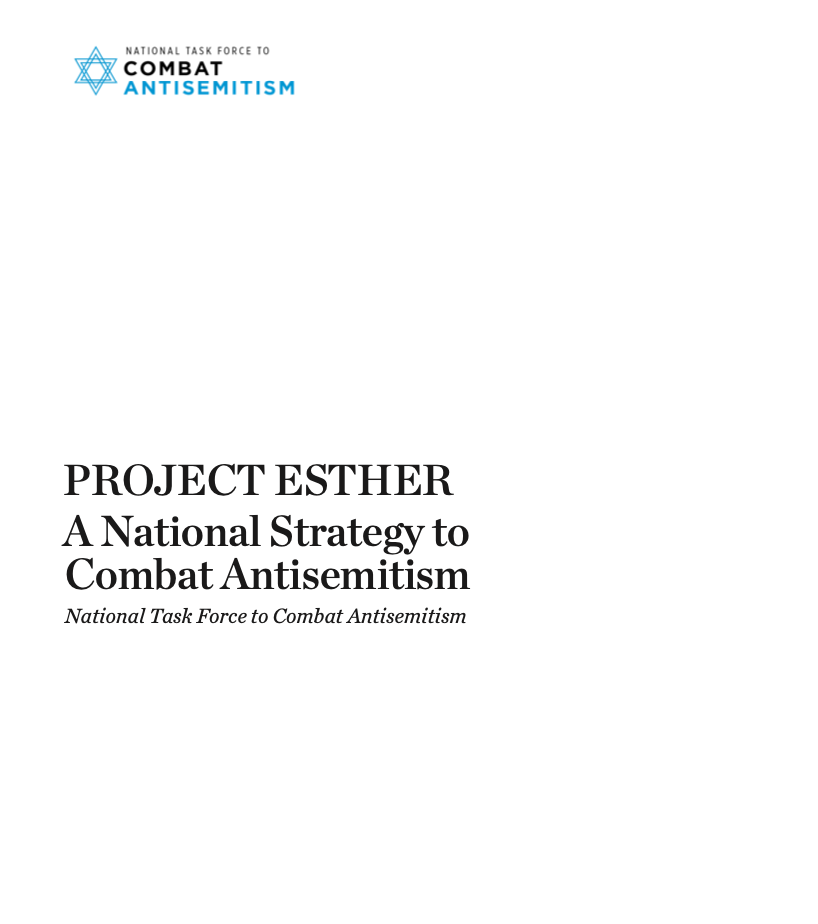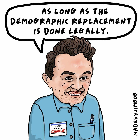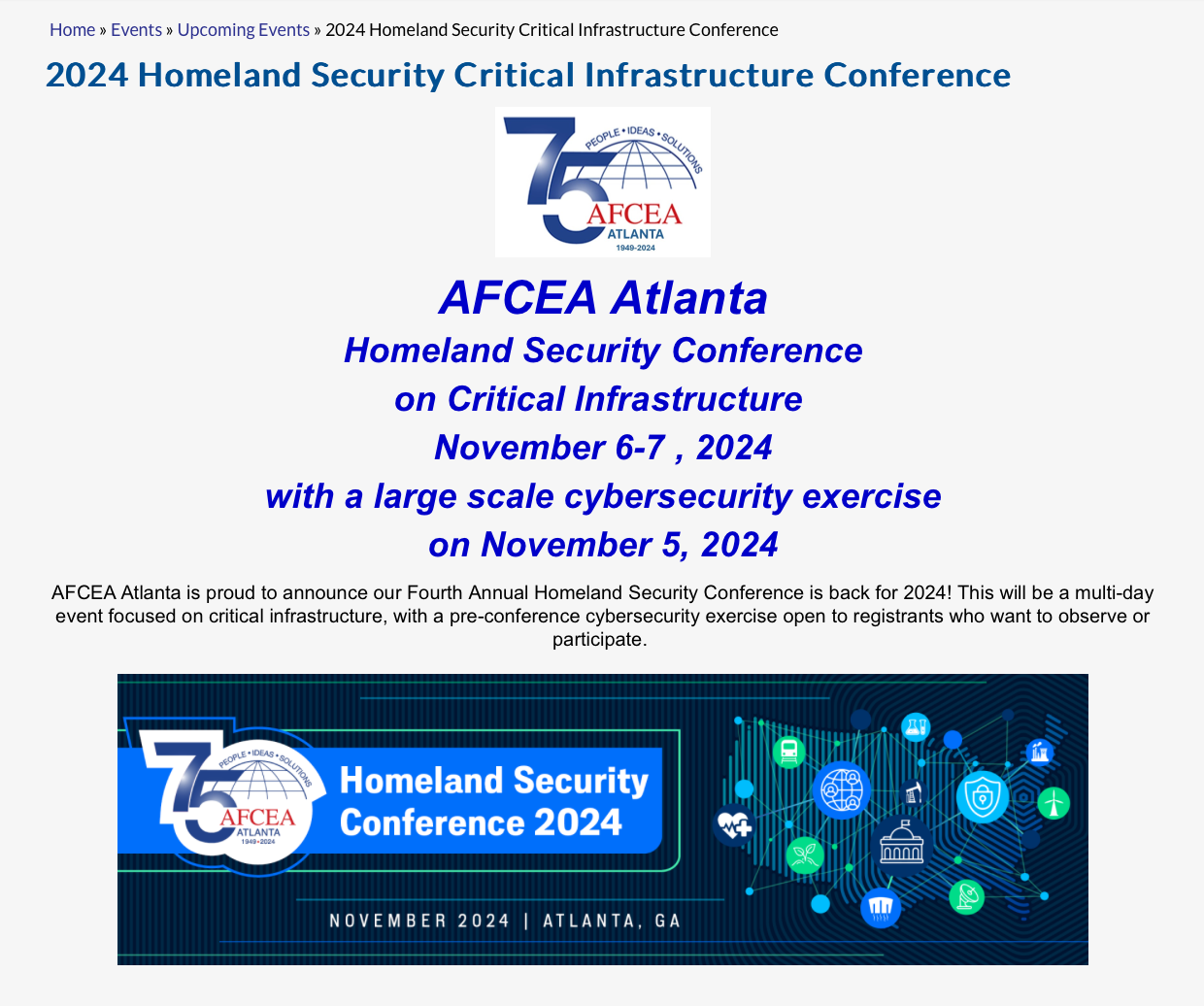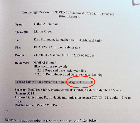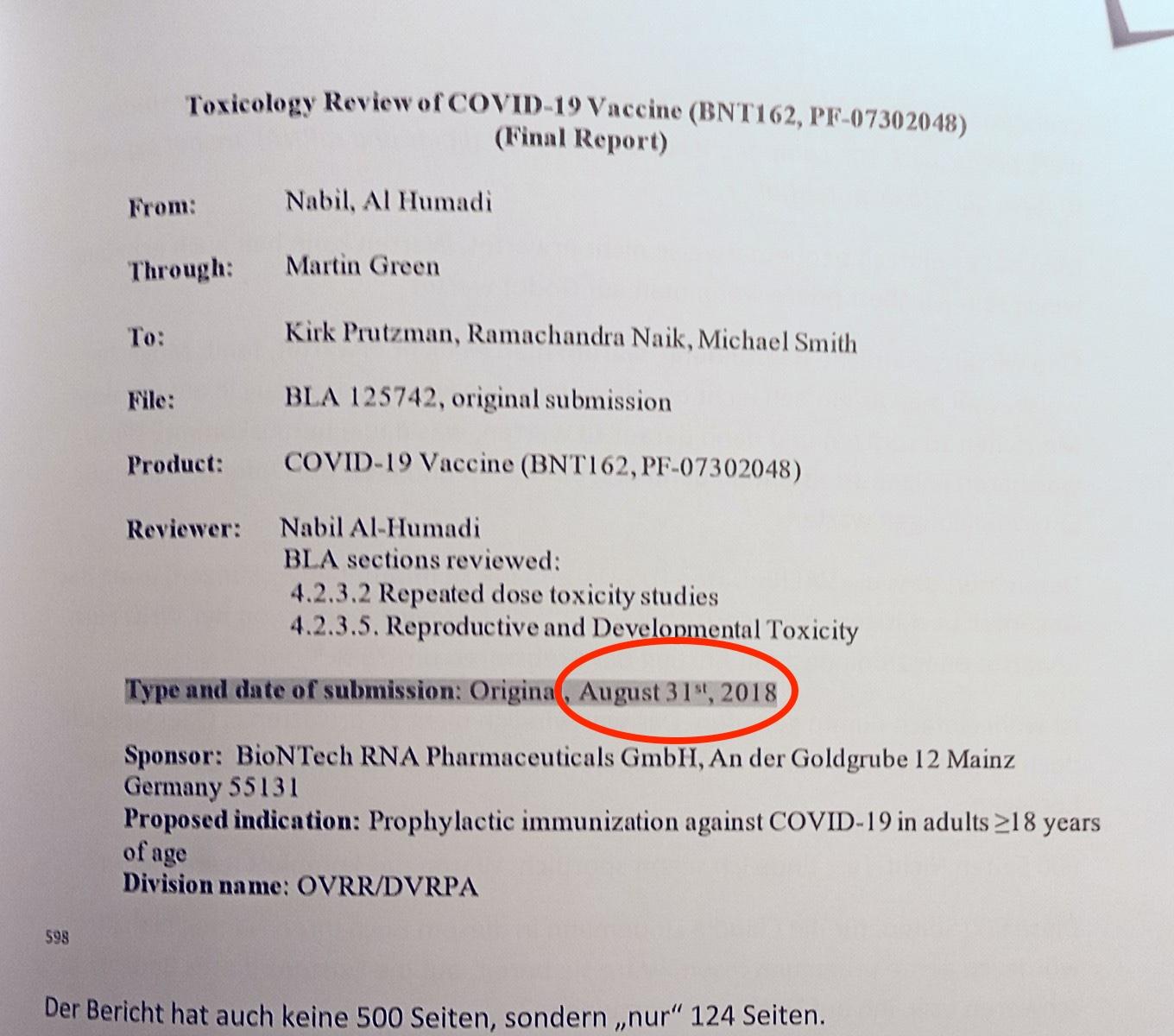
That's the variable in the equation that helped shift things toward Republicans.
No one will bring that up, but that's the variable in the equation.
They fell for the shots, doubled and tripled down, and died.
The dead can't vote and voter fraud can't outnumber that death toll.
I recommend every American read the document linked below.
Within this document, it lays out, very clearly, the process for "going up the ladder" when it comes to election fraud and holding those responsible. The system is so corrupt that even when the laws are crystal clear, as they are in this document, as to what has to happen in cases of election fraud, the reason nothing was done in 2020 is due to one of two reasons:
-
It's a sting operation to catch as many people engaging in election tampering and fraud as humanly possible.
-
The fraud is too big to prosecute, endless people were in on it, and endless people are blackmailed in keeping their mouths shut and not taking on fraud cases, other than the occasional low-level player.
By law, a fraudulent election has to be certified BEFORE an investigation can take place. Federal investigations can only take place regarding federal elections. State elections can only be investigated by state officials. But, given that Presidential elections are federal, 2020 was a sting operation and so is 2024—and the bad guys are stepping in their own trap again.
Again, within this document it clearly states that everyone involved needs to be found and caught, and that you start with a low-level player (Ballot Box stuffer person), you squeeze them, and then you go all the way up the ladder. Such an investigation would take down not only our country, but foregoing countries as well and endless politicians and state governors and money lenders. Again, why did this not happen in previous elections? Laziness at the state level of investigators? Most certainly. Bribery to not investigate? Yes. But all that does is catch more people because they do this in writing an in open communications.
If this doesn't get fixed, and even some at the higher levels are not prosecuted and sent away, then we've lost our country forever. If some are caught and prosecuted (including Governors of states), the rest may hang themselves when they see what awaits them. After all, in this document it clearly states that prosecution at the highest levels is used as a deterrent in cases of such vast crimes, and that this deterrence is used as a deliberate tactic to save time in investigations and tax-payer money.
Suicide weekend.


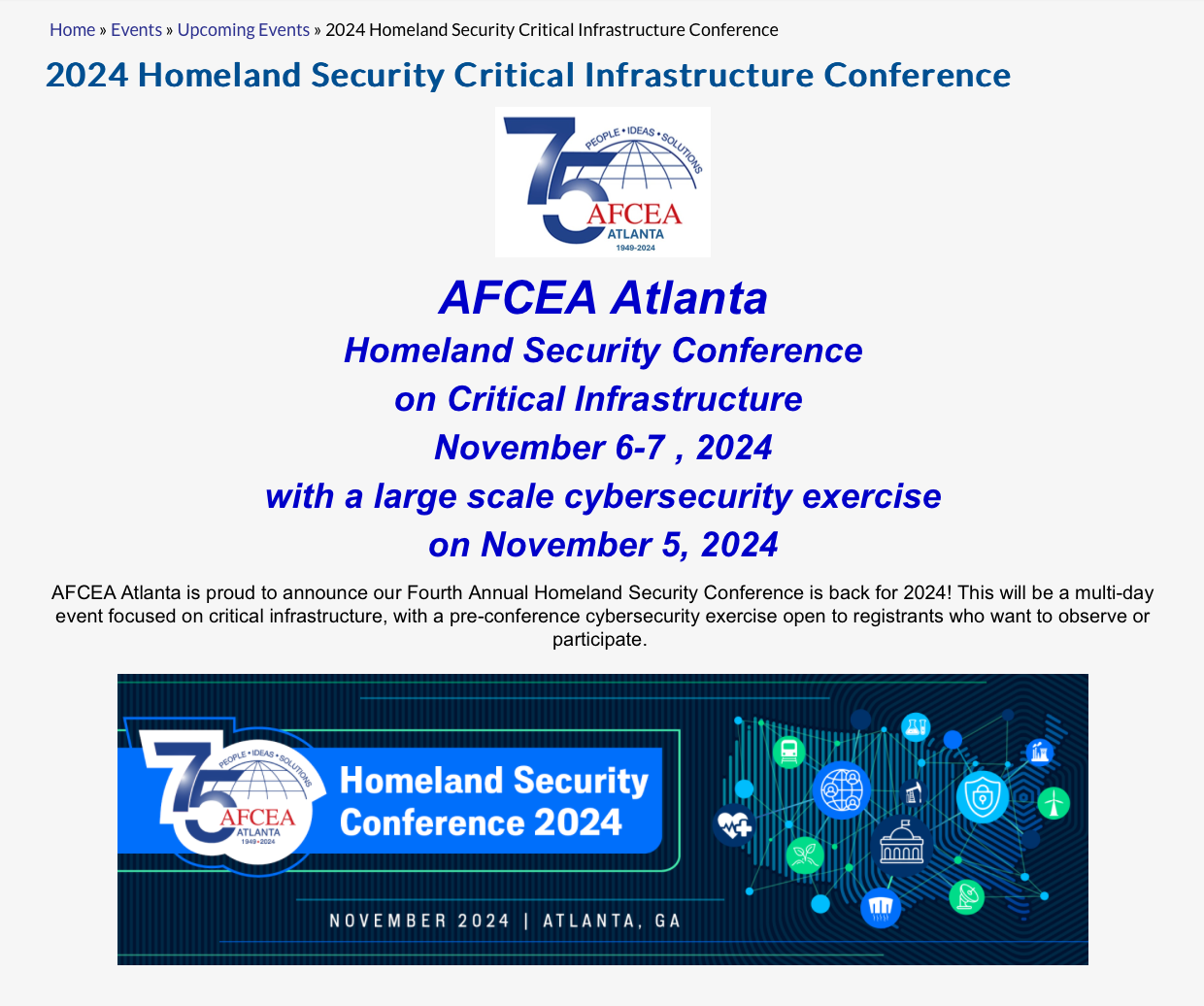
Dr. Bryan Ardis has referenced the research on nicotine for some time now, as have other researchers. I recommend everyone watch this latest interview he did with Stew Peters.
https://rumble.com/v5icj45-dr.-bryan-ardis-goes-full-unfiltered-unravels-all-the-lies-of-the-covid-19-.html?e9s=src_v1_ucp
There is also this article from over a year ago: https://theamericanclassroom.substack.com/p/snakes-among-us (Make sure and save the chan post imbedded within the article). Note the date of the chan post too.
Having been shed on recently (I'm not jabbed), the nagging cough is a symptom that lingers, along with slight dizziness. Now, having taken Nicorette gun for two days now (chewing one 2mg piece for 30 minuets, then throwing it away; Walmart 20 pieces $12) I can tell you that this works. The cough is gone, and the dizziness is subsiding. I smoke cigars occasionally, but that didn't do the trick. Straight nicotine is the answer.
I will continue to use Nicorette for the next week, but everyone should have this on hand, whether you're jabbed, not jabbed or have been shed on by the jabbed.
Nicotine inhibits the synthesized snake venom from impacting you. Of this, I now have no doubt. Tell those you know.
Voted on Friday in SW Ohio. Early voting. The place was packed! It had more workers than ever before, more voters than ever before, and there were so many cars in the parking lot that they were parking in the grass on the sides of the road. There were also more sheriffs deputies present than what I've seen in the past. The line moved quick too. I only saw two mask wearers. Clearly Kamala voters.
Make sure and take screen shots of your receipts if you vote digitally. Yes, these were Dominion machines we used, but take pictures of your receipts and the QR code at the end. Save it for future reference.
I think the early voting push this time is because the election will be delayed. Ample Q evidence points this out.
This was only the first week for early voting in Ohio too. Ohio will vote straight red down the ticket, in mass.
REPRISALS: The Law of War.
Reprisals are measures of pressure that deviate from the normal rules of international law: they are carried out by a State in response to unlawful acts committed against it by another State and are intended to force that State to comply the law. Reprisals may also be carried out in response to an attack. The question of the legality of reprisals has been debated since conventional (positive) international law —which includes the United Charter (UN)—posited that States are prohibited from using force, except in the case of individual or collective self-defence (art. 51 of the UN Charter).
In times of armed conflict, reprisals are considered lawful under certain conditions: they must be carried out in response to a previous attack, they must be proportionate to that attack, and they must be directed only at combatants and military objectives.
International humanitarian law (IHL) therefore prohibits all reprisals against civilians and civilian objects, as well as for persons and objects protected by the Geneva Conventions of 1949 and their Additional Protocols of 1977. These include the wounded, sick, or shipwrecked persons; medical or religious personnel, units, transports, or material; prisoners of war; civilian persons or civilian objects; cultural property or places of worship; objects indispensable to the survival of the civilian population; the natural environment; works and installations containing dangerous forces; and buildings and material used for the protection of the civilian population. (GCI, art. 46; GCII, art. 47; GCIII, art. 13; GCIV, art. 33; API, arts. 20 and 51(6), 52, 53(c), 54(3)(c), 55(2) and 56(4)).
While reprisals remain legal under certain conditions of international law, the specific prohibition of reprisals against civilians and civilians’ objects requires a strict interpretation of these legal conditions. This prohibition, provided for by conventional IHL in international armed conflicts, is now considered a customary international rule applicable to both international and non-international armed conflicts.
☞ It is important to distinguish between reprisals, acts of revenge, and retaliation. Acts of revenge are never permitted under international law, while retaliation and reprisals are provided for and regulated by IHL.
Retaliation is an act by which a State responds to an unfriendly, but lawful act by another State (for example, the mutual expulsion of diplomats).
Reprisals are acts of recourse to armed force in response to an unlawful act such as an attack by another State or a non-State party to an armed conflict. They must always be proportionate to the attacks to which they are responding and must never be directed against civilians or protected objects. If these conditions are not met, then it is an act of revenge.
☞ Conditions of Reprisals under Customary IHL
Under customary international humanitarian law (CIHL), the use of reprisals is subject to strict conditions:
Rule 145: Where not prohibited by international law, belligerent reprisals are subject to stringent conditions in international armed conflicts. Rule 146: Belligerent reprisals against persons protected by the Geneva Conventions are prohibited in international armed conflicts. Rule 147 : Reprisals against objects protected under the Geneva Conventions and Hague Convention for the Protection of Cultural Property are prohibited in international armed conflicts. •Rule 148 : Parties to non-international armed conflicts do not have the right to resort to belligerent reprisals. Other countermeasures against persons who do not or who have ceased to take a direct part in hostilities are prohibited.
In the event of reprisals, military commanders have a duty to take the precautions required by IHL regarding relation to methods of warfare. IHL establishes the individual responsibility of each member of the armed forces with regard to such actions.
➔ Attacks ▸ Duty of commanders ▸ Methods (and means) of warfare ▸ Protected objects and property ▸ Protected persons ▸ Proportionality ▸ Responsibility ▸ Self-defense
Jurisprudence
In its judgment of 14 January 2000 in the Kupreškić case, the international Criminal Tribunal for the former Yugoslavia (ICTY) had to rule in particular on the Croatian defence argument that its attack on the Muslim population of the Lasva valley was a legitimate retaliation for attacks allegedly committed by Muslims against the Croatian population. It also had to rule on the civilian nature of the population because of their mixing with combatants.
In its decision, the Court reaffirmed the absolute nature of most of the obligation imposed by IHL and recalled that “they are unconditional or in other words not based on reciprocity” (para. 517). This is because IHL protects individuals —as human beings— beyond their affiliation to a particular State party to an armed conflict. Therefore, violations of IHL by one party cannot justify reprisals against the civilian population of the opposing party to the armed conflict. (paras. 517 and 518). The Court recalled the prohibition of deliberate attack on civilians and the general principle prescribing that reasonable care must be taken in attacking military objective to avoid causing unnecessary injury to civilians through carelessness (paras. 521-524). The Court also ruled that reprisals against civilians are expressly prohibited under conventional and customary international law as long as civilians are in the hands of the adversary. It also recalled that reprisals against civilians and civilian objects in a combat zone are prohibited by article 51(6) and 52(1) of Additional Protocol I of 1977 (para. 527). It affirmed that under the pressure exerted by the requirement of humanity and the dictates of public conscience, a customary international rule has emerged in this regard (para. 531). The Court found that these conventional provisions were largely reflected in the CIHL rules applicable to non-international and international armed conflicts (paras. 527-536). The Court therefore concluded about the emergence of a customary prohibition of reprisals against civilians in the hands of the enemy as well as for those in the combat zone. This prohibition should apply to all parties to both international and non-international armed conflicts.
The Court also recalled reprisals against civilians are inherently a barbarous means of seeking compliance with international law (para. 528) and pointed out that “even when considered lawful, reprisals are restricted by; (a) the principle whereby they must be a last resort in attempt to impose compliance by the adversary with legal standards (which entails, amongst other things, that they may be exercised only after a prior warning has been given which has failed to bring about the discontinuance of the adversary’s crimes; (b) the obligation to take special precautions before implementing them (they may be taken only after a decision to this effect has been made at the highest political or military level; in other words they may not be decided by local commanders); (c) the principle of proportionality ( which entails not only that the reprisals must not be excessive compared to the precedent unlawful act of warfare, but also that they must stop as soon as that unlawful act has been discontinued ) and; (d) elementary considerations of humanity” ( Prosecutor v. Kupreškić, Case No. IT-95-16-T, Judgment , 14 January 2000, para. 535).
In 2007, the ICTY confirmed in the Martić case, that the prohibition of reprisals against civilians and their goods located in combat zones is part of CIHL in both international and non-international armed conflicts. In this case, Martić was convicted of ordering rocket attacks on the centre of Zagreb on 2 and 3 May 1995, in which seven people were killed and more than 200 were wounded. Martić admitted that he ordered the attacks in retaliation against Franco Tudjman and his staff for the order he had given for aggression against Western Slavonia. The Court ruled that this could not be considered as legal retaliation but amounted to the crime of generalised attack against the civilian population of Zagreb (para. 469). It recalled that:
“In the law of armed conflict, belligerent reprisals are acts resorted to by one belligerent which would otherwise be unlawful, but which are rendered lawful by the fact that they are taken in response to a violation of that law committed by the other belligerent. Reprisals aren't therefore drastic and exceptional measures employed by none belligerent for the sole purpose of seeking compliance with the law of armed conflict by the opposite party. It follows that reprisals, in order to be considered lawful, are subject to strict conditions. These conditions are well-established in customary law and are set forth below.” (para. 465) “Reprisals may be used only as a last resort and only when all other means have proven to be ineffective. This limitation entails that reprisals may be exercised only after a prior and formal warning has been given, which has failed to put an end to the violations committed by the adversary. In addition, reprisals may only be taken after a decision to this effect has been made at the highest political or military level.” (para. “A further requirement is that the measures taken must be proportionate to the initial violation of the law of armed conflict of the opposite party. According to this condition, the reprisals must cease as soon as they have achieved their purpose of putting an end to the breach which provoked them. Finally, acts of reprisal must respect the “laws of humanity and dictates of public conscience”. The Trial Chamber interprets this condition to mean that reprisals must be exercised, to the extent possible, in keeping with the principle of the protection of the civilian population in armed conflict and the general prohibition of targeting civilians.” (para. 467). ( Prosecutor v. Martić , Case No. IT-95-11, Judgment , 12 June 2007, paras. 464- 468). https://guide-humanitarian-law.org/content/article/3/reprisals/


